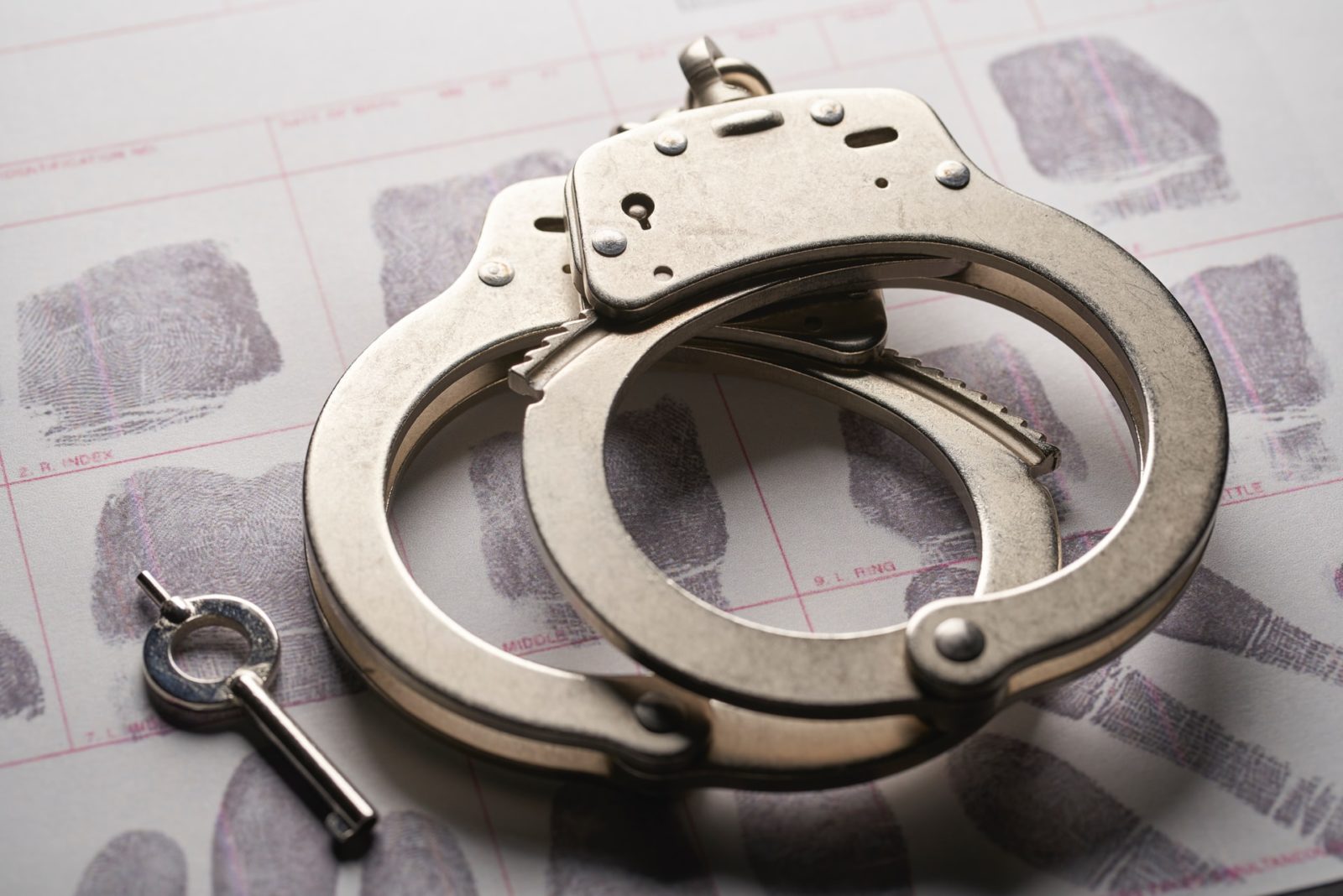Can I Avoid a DUI conviction in California? You probably know that if you receive a DUI conviction in California, you could face serious consequences including fines, license suspension, and jail time. But — to protect yourself during and after arrest — there are a few more things you need to know about the DUI process in California:
1) 0.08 is Not the Only BAC You Need to Be Aware Of
Like other states, a blood alcohol content (BAC) of 0.08 percent is the legal limit for all drivers over the age of 21. However, drivers under the age of 21 must adhere to a much more stringent limit.
Because of a zero-tolerance policy, underage drivers who test at 0.01 percent or higher can receive a DUI. This level is so low that even a single drink could push those under the age of 21 over the legal limit. This limit also applies to those who are already on probation for a previous DUI or other alcohol-related violations. Also, if you are under the age of 21 and test at 0.01 percent, you can have your driving privilege revoked for one year.
There is also another BAC level that is important to be aware of. At double the legal limit — 0.16 percent — California significantly increases the fines and other penalties associated with a DUI conviction.
2) By Driving, You Consent to BAC Testing
California has an implied consent law, meaning that if you drive in the state, you consent to take a BAC test if a police officer suspects you may be intoxicated. You can refuse to take a breath or blood test, but you will face significant penalties for doing so. This includes a mandatory suspension of your driver’s license, without the option to file for a restricted license.
It is important to note, however, that you can legally refuse to take any field sobriety tests, known as Preliminary Alcohol Screenings (PAS), including breath tests. The implied consent laws only apply once you are under arrest.
3) Breathalyzers Are Not Always Accurate
Police officers often use breath tests to determine BAC — commonly known as a Breathalyzer — to check a suspected drunk driver’s blood alcohol percentage. While officers often use these findings in court, they are not as accurate as a blood test.
They must be carefully calibrated, and a wide range of factors can cause them to produce incorrect readings. Police officers — in most cases — cannot draw blood to test your BAC without your consent. Only trained, certified medical professionals can draw blood. Most police stations will have someone on hand to do this or will ensure you see someone who can. These professionals include:
- Doctors
- Paramedics
- Registered nurses
- Licensed vocational nurses
- Clinical laboratory scientists or bioanalysts
- Certified phlebotomy technicians
4) You Lose Your License Immediately
When a police officer puts you under arrest for DUI in California, he or she takes your license at the time of the arrest. This begins an administrative suspension, overseen by the California Department of Motor Vehicles (DMV). This suspension is separate from any sanctions handed down by the judge when your case goes to court.
To clear this administrative suspension, you need to schedule a hearing with the DMV within ten days of the arrest to present evidence that you were wrongly accused or wait until your criminal case is resolved. If you lose your administrative appeal or wait until your case settles, you must pay a $125 fee before the DMV will reissue your license.
5) Expect to Attend California DUI Classes in Addition to Other Penalties
Expect penalties in addition to jail time, fines, and probation. Four California counties (Alameda, Los Angeles, Tulare, and Sacramento) require ignition interlock devices for all convictions, and others use them regularly for repeat offenders.
California also requires all drivers convicted of a DUI or related offenses to attend one of its approved DUI programs — as well as pay the associated fees.
These programs provide education and awareness on the dangers of DUI, and the amount of time they last depends on your offense. For example, a wet reckless conviction (i.e., reduced plea agreement) may call for only a 12-hour class. A first DUI offense requires a 30-hour class, and those that have multiple convictions or a BAC over 0.16 may have to attend up to 18 months hours of classes.
These classes can cost $1,000 or more, and these fees are separate from any court-imposed fine or other fees you must pay.
Greenberg, Greenberg & Kenyon, APLC: DUI Defense Attorneys in Southern California
Greenberg, Greenberg & Kenyon, APLC has offices in San Bernardino and Riverside. If you are facing DUI charges in Riverside County and the Greater Los Angeles area, we can help. Contact us today at 951-274-0003 to schedule a consultation and learn more today.





